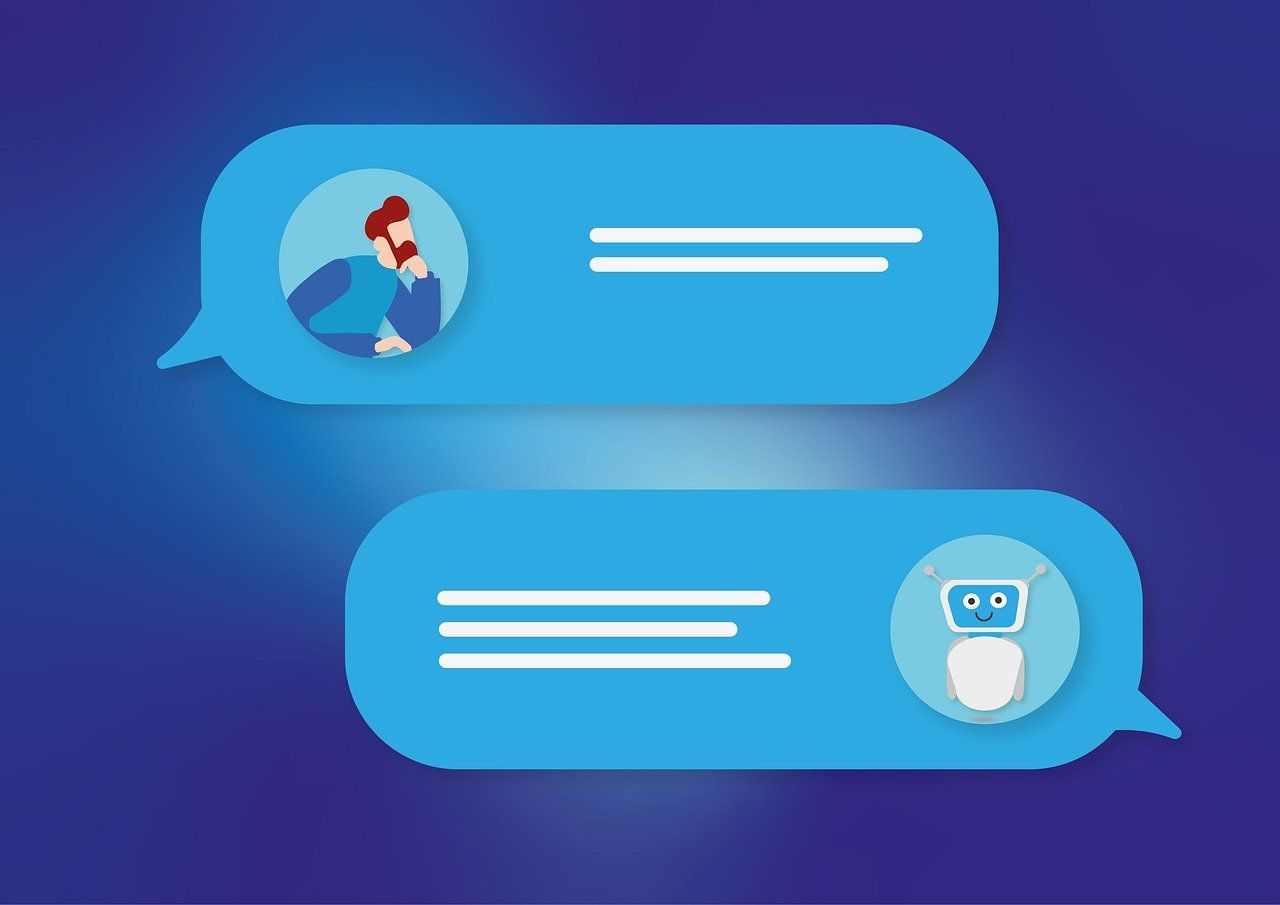
Chatbot Ethics: Balancing Privacy and Efficiency
 In the era of rapid technological advancements, chatbots have become increasingly popular in various industries, from customer service to healthcare. While these AI-powered tools offer numerous benefits, such as 24/7 availability and quick response times, they also raise important ethical concerns, particularly regarding privacy and efficiency. In this blog post, we will explore the delicate balance between protecting user privacy and maintaining chatbot efficiency.
In the era of rapid technological advancements, chatbots have become increasingly popular in various industries, from customer service to healthcare. While these AI-powered tools offer numerous benefits, such as 24/7 availability and quick response times, they also raise important ethical concerns, particularly regarding privacy and efficiency. In this blog post, we will explore the delicate balance between protecting user privacy and maintaining chatbot efficiency.
The Importance of Privacy
Privacy is a fundamental human right, and it is crucial that chatbots are designed and implemented with this in mind. Users often share sensitive information with chatbots, such as personal details, financial data, and health records. It is the responsibility of chatbot developers and the organizations deploying them to ensure that this information is kept secure and confidential. Strategies for Protecting User Privacy
- Data Encryption: Implementing strong encryption methods to protect user data during transmission and storage.
- Access Control: Limiting access to user data to only authorized personnel and implementing strict access control measures.
- Anonymization: Removing personally identifiable information from user data to maintain anonymity.
- Transparent Privacy Policies: Clearly communicating privacy policies to users and obtaining their informed consent before collecting any data.
Balancing Privacy and Efficiency
While privacy is paramount, it is also essential to ensure that chatbots remain efficient and effective in their intended purposes. Striking the right balance between privacy and efficiency can be challenging, but it is achievable through careful design and implementation.
Techniques for Maintaining Efficiency
- Data Minimization: Collecting only the data necessary for the chatbot to function effectively, reducing the risk of privacy breaches.
- Secure Data Sharing: When data sharing is necessary, implementing secure methods such as federated learning to allow chatbots to learn from data without directly accessing it.
- Regular Audits and Updates: Conducting regular audits to identify and address any privacy or efficiency issues, and updating chatbots to incorporate the latest privacy and security features.
The Role of Regulations and Standards
Governments and industry organizations play a crucial role in establishing regulations and standards for chatbot development and deployment. These guidelines help ensure that chatbots are designed with privacy and efficiency in mind, and provide a framework for organizations to follow.
Examples of Relevant Regulations and Standards
- General Data Protection Regulation (GDPR): A comprehensive data protection law in the European Union that sets strict requirements for the collection, storage, and use of personal data.
- Health Insurance Portability and Accountability Act (HIPAA): A U.S. law that establishes privacy and security standards for protecting sensitive health information.
- ISO/IEC 27001: An international standard for information security management systems, which can be applied to chatbot development and deployment.
In Summary
As chatbots continue to evolve and become more integrated into our daily lives, it is crucial that we prioritize the balance between privacy and efficiency.
By implementing strong privacy measures, carefully designing chatbots for efficiency, and adhering to relevant regulations and standards, we can harness the power of these AI-powered tools while respecting and protecting the rights of users. It is only through a collaborative effort between chatbot developers, organizations, and regulatory bodies that we can create a future where chatbots are both ethical and effective.
Related Articles


